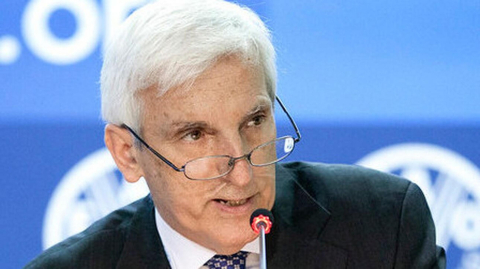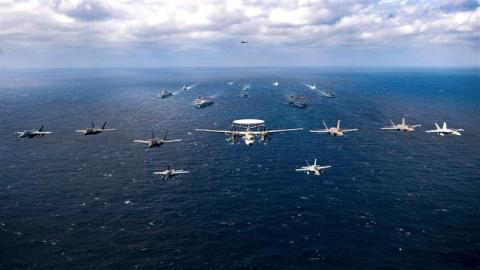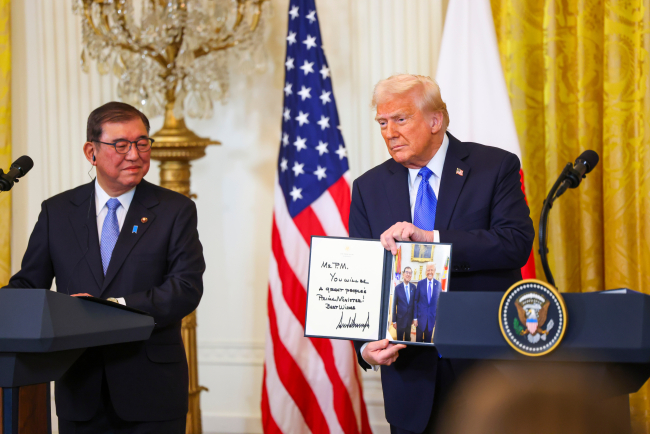China's key role in critical mineral value chains
China today holds a dominant position in critical mineral value chains, from extraction to processing and downstream technologies. Built on decades of industrial policy, this supremacy gives Beijing significant leverage over global supply security, particularly for the European Union.

China has leveraged upstream strengths to enhance downstream competitiveness, yet remains vulnerable due to its heavy reliance on imports of several minerals it considers as strategic. Since 2023, Beijing has introduced export controls on raw materials and technologies, exploiting chokepoints to advance broader geopolitical aims. These measures have heightened European efforts to diversify supply, though success has been hindered by China’s capacity to influence availability, prices, and overseas investments.
> This article is only available in french, and was published in the journal "Réalités Industrielles" of the Annales des Mines, 25 November.

Available in:
Themes and regions
Share
Related centers and programs
Discover our other research centers and programsFind out more
Discover all our analysesExpanding SPDMM as a pivotal institution in the Pacific – A French perspective
The South Pacific Defence Ministers’ Meeting (SPDMM) is the only forum that brings together defense ministers from the wider South Pacific — including Chile, which is hosting it for the first time. This heterogeneous group of countries with varying resources, capacities, and interests — Australia, Chile, Fiji, France, New Zealand, Papua New Guinea (PNG), and Tonga — are united by their shared determination to strengthen cooperation on maritime security and humanitarian assistance and disaster relief (HADR) activities.
EU’s Derisking From China: A Daunting Task
With economic security as a major concern, the EU has recently turned to “derisking” from China. The EU strategy entails reducing critical dependencies and vulnerabilities, including in EU supply chains, and diversifying where necessary, while recognizing the importance and need to maintain open channels of communication.
Sri Lanka’s NPP Government. From System Change to Structural Compliance
In September 2024, a relative outsider to Sri Lanka’s two-party-dominated political system, Anura Kumara Dissanayake, won the presidential elections. The anti-establishment, populist movement he represented, the National People’s Power (NPP), went on to receive an overwhelming mandate in the November 2024 general elections, winning 159 seats in a 225-member parliament.
Japan Under Trump: Alliance Strains, the Push for Autonomy and Essential Partnerships
Japan is under pressure from the United States (US) on punitive tariffs and demands for increased defence spending. This has sparked deep concern over US credibility and triggered growing domestic calls for greater autonomy.















